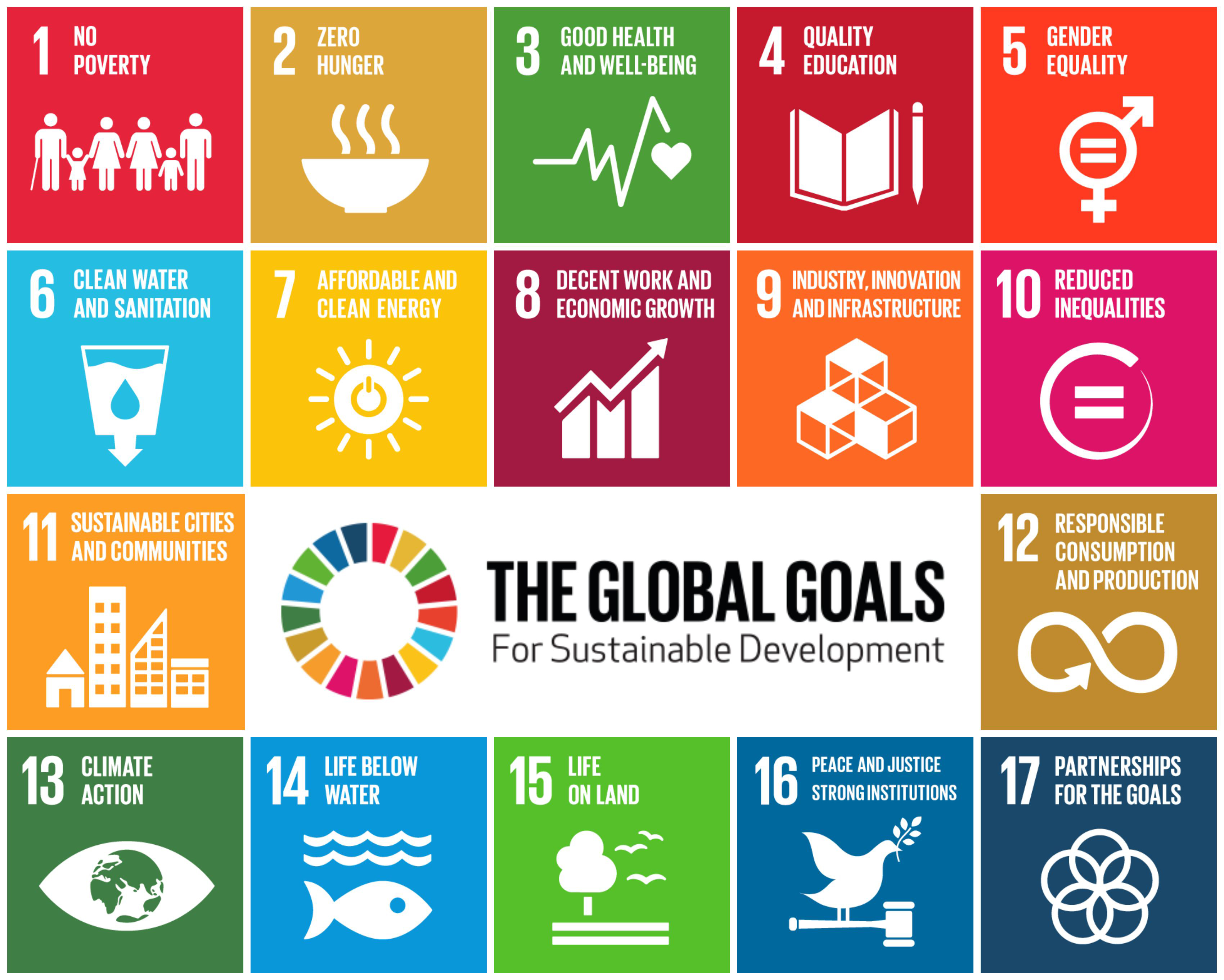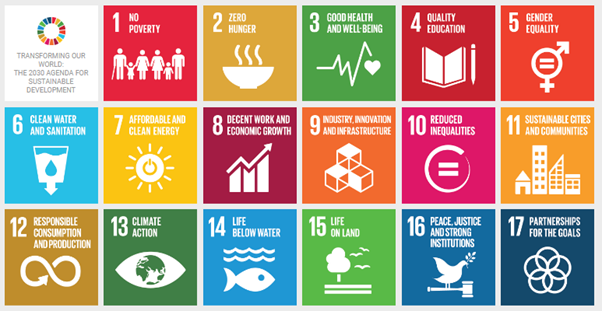The Sustainable Development Goals: a lens for Social Responsibility

Ahead of the International Sustainable Campus Network conference, Michelle Brown (Head of Programmes) shares her thoughts on the Sustainable Development Goals.
In 2015, world leaders committed to the Sustainable Development Goals (SDGs). UN member states will be expected to use the SDGs to frame their agendas and political policies over the next 15 years.
The SDGs expand on the Millennium Development Goals (MDGs) which were agreed by governments in 2001 and had a timeframe to 2015. At the same time the SDGs were being finalised the Convention of the Parties (COP)21 took place to set a framework of action for climate change and Greenhouse Gas (GHG) emissions. The SDGs are linked to CoP21 through specific goals on climate change and on energy access but also in other goals recognising the links between climate justice, human rights and environmental protection and good governance.

The SDGs have not been without their criticisms. 17 goals, 169 indicators have been viewed as unwieldy and could make prioritisation difficult and, of course, like all these issues will not be able to please all stakeholders. At the same time there is widespread support for the broad based and approach. Whereas the MDGs were more focussed on poverty alleviation, the SDGs have encompassed a broader sustainable development agenda focussing on economic development, poverty alleviation, human rights and ecosystems.
Recent research by Deloitte and others has found a high degree of business engagement on the SDGs. Companies are using the goals as a reference point for framing the many ways that business adds value for society and for looking at environmental, social and governance related risks.
The SDGs provide a framework for social responsibility and sustainability issues for organisations. Ending poverty and hunger, ensuring decent work for all, achieving gender equality and protection of human rights, climate action, affordable and clean energy, responsible production and clean water (to name a few) are all covered in the goals. Governments worldwide have committed to the goals and while some indicators may be more relevant for different actors, any type of organisation would be able to use the SDGs as a compass for action on different issues.
In relation to a business approach to the SDGs, the SDG Compass is available developed by the Global Reporting Initiative (GRI), the United Nations Global Compact and the World Business Council on Sustainable Development. However, it is a useful tool for any type of organisation guiding people to: understand the SDGs, define priorities, set goals, integrate and then report and communicate.
A key part of looking at your organisational impacts (positive and negative) in relation to the SDGs is to consider the wider value chain. If you are a manufacturing company that would mean looking at where raw materials come from through to the product use and product life. If you were to use the SDGs to look at Social Responsibility and Sustainability within a university then ‘value chain’ might not work as terminology but you would need to recognise the broad impacts that an organisation might have: through the students whose lives are touched here, to the research that takes place, through to the operations on campuses but also through the supply chains and investments. The Compass asks organisations to think about where they can have the greatest impact on the SDGs both positively and negatively. As a University you might find that the biggest impact we have on a particular issue is through the research that takes place but that through specific practices there could be potential large negative impacts that need to be mitigated.
In a few weeks of time the International Sustainable Campus Network (ISCN) conference is taking place. The network brings together organisations around the world who have committed to principles of sustainability across buildings and their impacts; campus-wide planning and target setting; and integration of research teaching, facilities and outreach. Having just looked through the agenda, SDGs and Universities appears to be a key theme for part of the conference so I am looking forward to learning about what colleagues around the world are doing to link research, teaching and operational approaches to the SDGs.





Recent comments